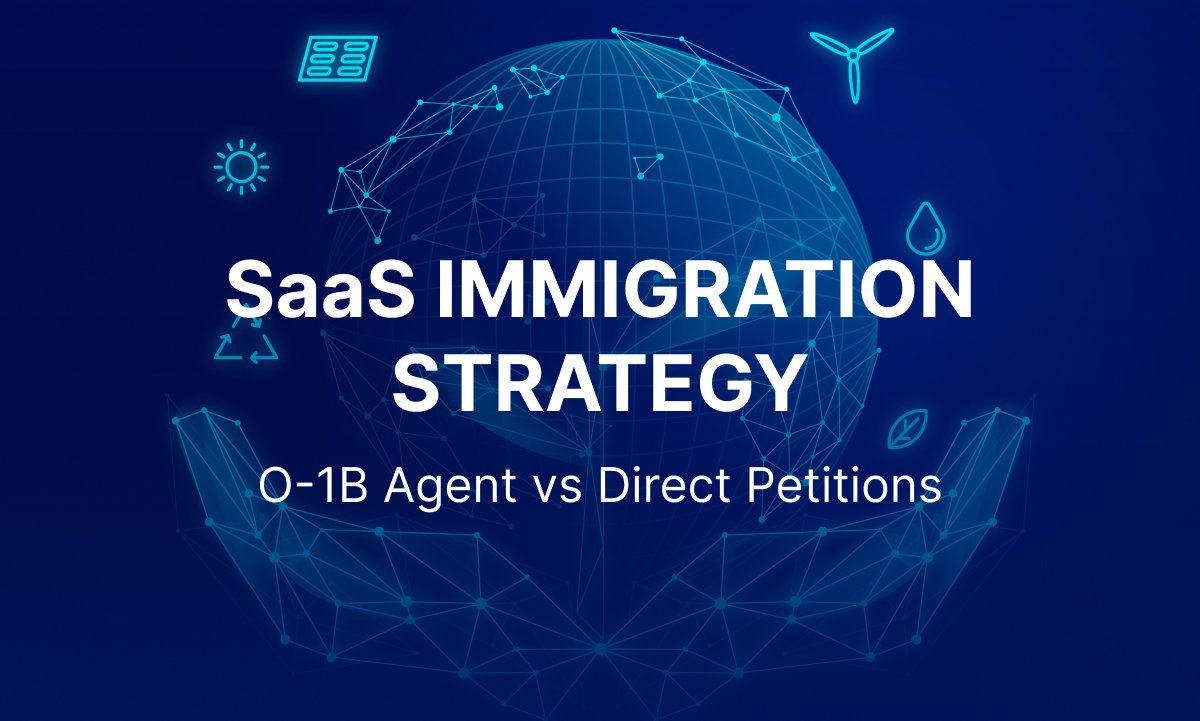In today’s global economy, engaging talent across borders has become commonplace. For foreign companies, particularly those in the tech and SaaS sectors, US-based contractors offer valuable expertise and market access. However, this arrangement comes with significant tax implications that are frequently overlooked—until they trigger costly consequences.
The Two Critical Tax Risks Foreign Companies Face
When your UK, EU, or other non-US company engages independent contractors physically located in the United States, you face two primary tax exposures:
1. Contractor Tax Liability Without Proper Indemnification
Many foreign companies assume that US tax obligations remain solely with the contractor. This dangerous assumption can lead to unexpected tax liabilities if your agreement lacks proper tax indemnity clauses.
What happens without proper tax indemnity provisions:
- Your company may become responsible for unpaid federal taxes if the contractor fails to report income
- State tax authorities may pursue your company for state income taxes
- You could face penalties and interest on top of the base tax amount
- Retroactive assessments can go back several years
A proper agreement should explicitly state that the contractor is responsible for all US federal, state, and local taxes arising from the relationship. It should include indemnification language protecting your company from any tax-related claims resulting from the contractor’s non-compliance.
2. Permanent Establishment Risk: The Tax Trap Many Don’t See Coming
Perhaps more dangerous is the risk of inadvertently creating a “permanent establishment” (PE) in the United States. This tax concept refers to a sufficient presence in a country that triggers taxation in that jurisdiction.
Activities that can trigger PE status include:
- Having a contractor regularly negotiate or conclude contracts on your behalf
- Allowing a contractor to maintain an office explicitly dedicated to your business
- Giving a contractor authority to bind your company in business decisions
- Having contractors perform core business functions rather than auxiliary services
When PE status is triggered, the consequences are severe:
- Your entire company becomes subject to US corporate income tax on profits attributed to US activities
- Complex tax filings become necessary, including Form 1120-F
- Failure to file these returns can result in the IRS disallowing all deductions, significantly increasing your tax burden
- Back taxes, penalties, and interest may be assessed
Essential Contract Provisions to Protect Your Company
To mitigate these risks, every agreement with US-based contractors should include:
- Clear tax responsibility clauses stating the contractor is solely responsible for all US tax obligations
- PE prevention language limiting the contractor’s authority to bind your company
- Location restrictions specifying where services can be performed
- Documentation requirements mandating the contractor provide appropriate tax forms (W-8BEN, W-8BEN-E, or similar documentation)
- Representation clauses confirming the contractor’s status as an independent contractor under US law
Case Study: The $1.2M Lesson
A European software company engaged a US-based sales consultant for two years without proper tax provisions. The consultant regularly finalized deals in the US, maintaining a dedicated office for the company’s business.
After an IRS audit, the company was deemed to have a permanent establishment in the US. The resulting tax assessment, including penalties and interest, exceeded $1.2 million—far more than the total compensation paid to the consultant.
Proactive Steps for Foreign Companies
If you’re currently working with US contractors or planning to do so:
- Review all existing agreements for tax indemnity and PE protection language
- Implement contractor guidelines limiting activities that could trigger PE status
- Consider structuring relationships through a Professional Employer Organization (PEO) in some cases
- Establish proper documentation procedures, including annual tax form collection
- When in doubt, seek specialized legal counsel familiar with cross-border tax issues
The Balance: Protection Without Paralysis
While these risks are significant, they shouldn’t prevent beneficial international collaboration. With proper agreement structures and ongoing management, foreign companies can safely engage US-based talent while minimizing tax exposure.
Remember: The time to address these issues is before signing the agreement, not when the tax authorities come calling.






